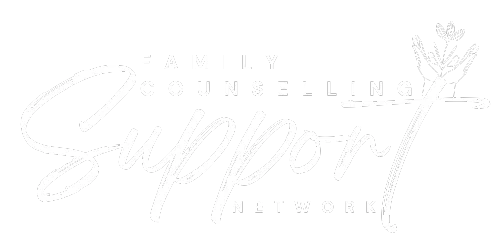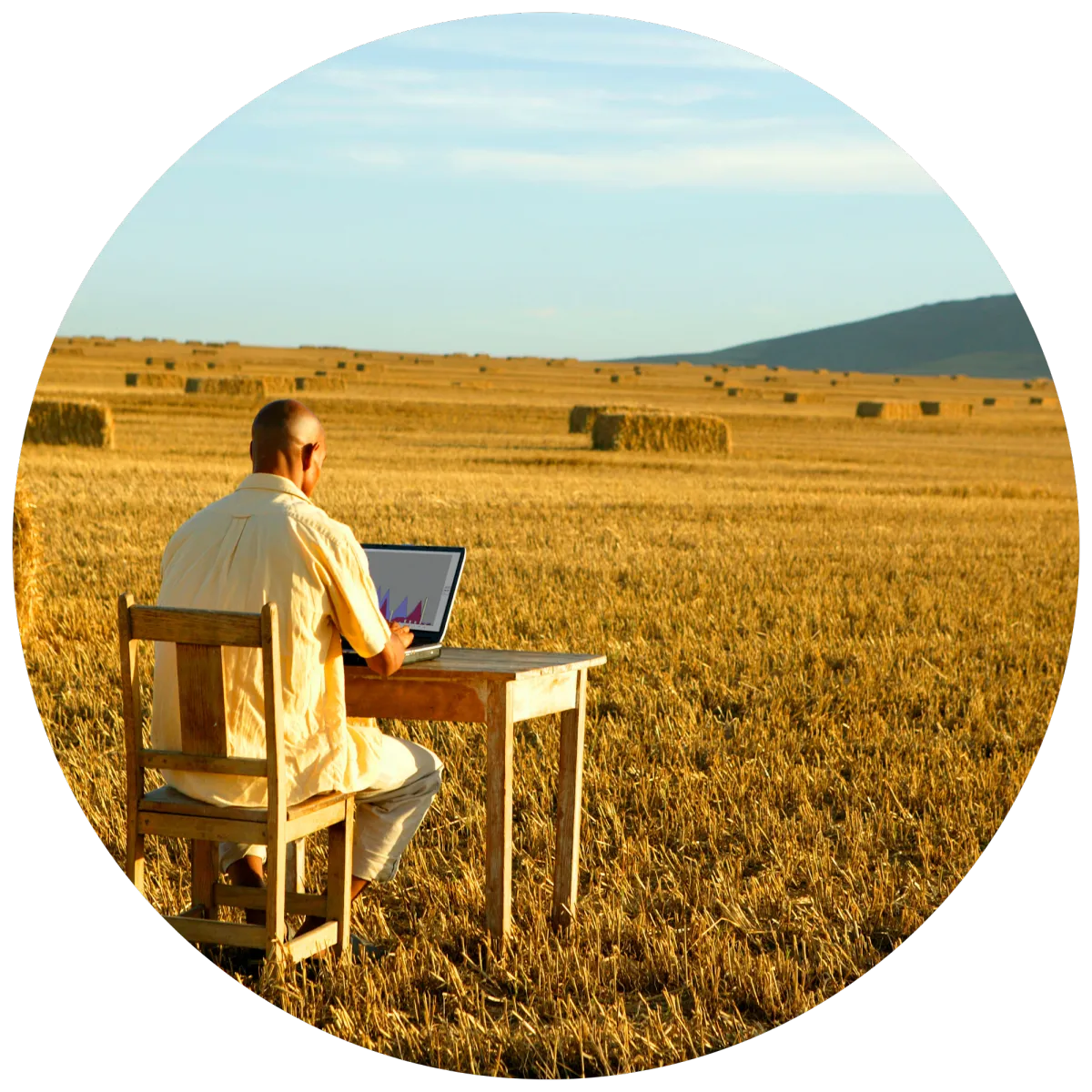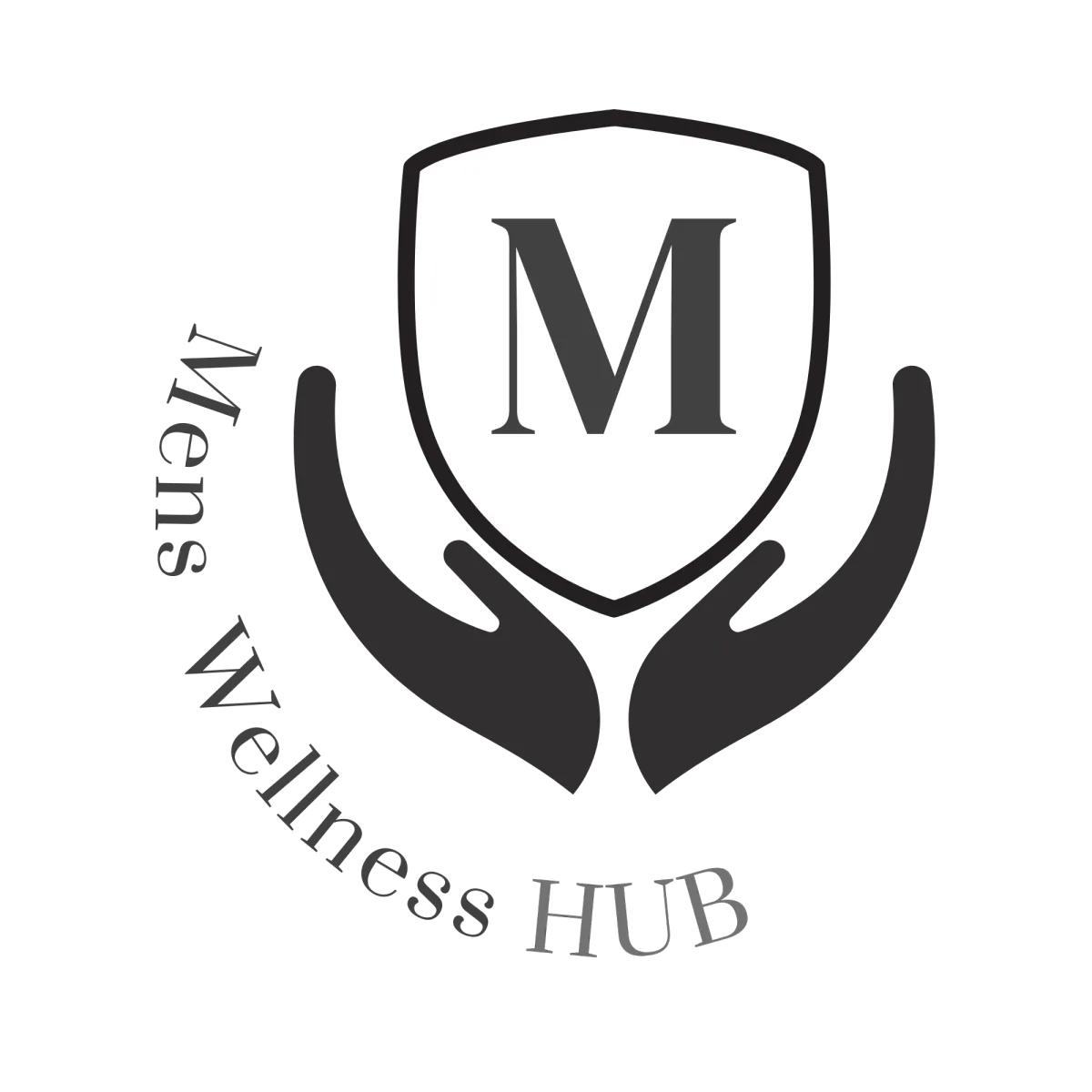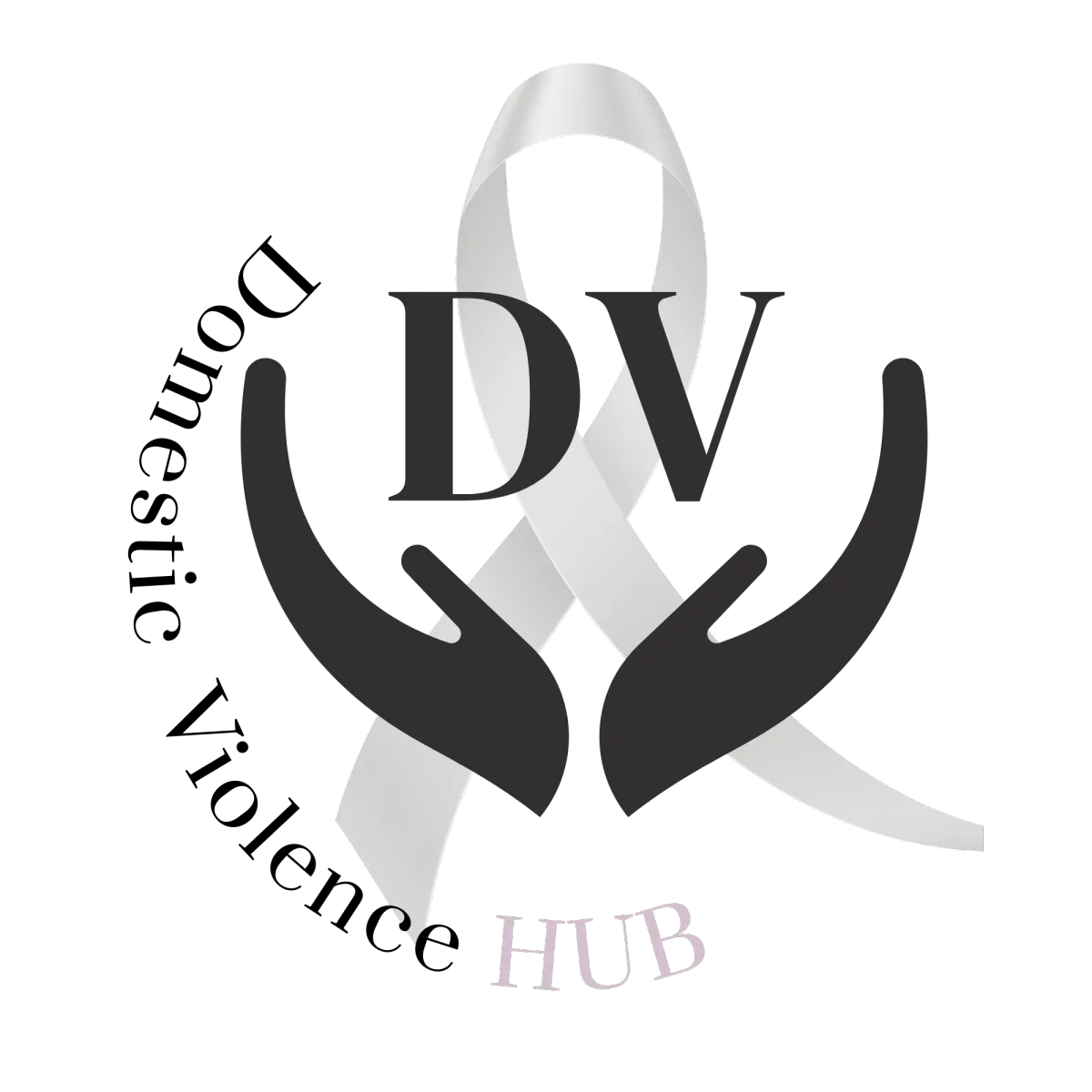Online Support Services
This website is under construction
Rural Women's Support hub is part of the Family Counselling Support Network company
which offers Australians health and wellness support no matter who, where and why.

We know that accessing the support services you need can be bloody tough and frustrating. We recognise the barriers and unique challenges of providing women's health care in rural, regional and remote Australia and the importance of trying to ensure consistent and timely access to equitable, quality services where possible.
Rather than spending countless hours trying to search on-line to find the services if and where they are available, Rural Women's Support Hub is dedicated to help connect rural women in particular, to key services and products that will at least help them source help they need, as close in location, or on line as possible.
HEALTH SUPPORT
Overview:
Emergency medical help - physically or mentally
Planning ahead
Symptom checkers
Health Direct helpline (all states) - GP services plus
My Health Records
Medicare and Private Benefits
Getting a Chronic Disease Management Plan (CDMP)
Getting a Mental Health Plan
Work injury and workcover
Travelling to medical and health services
Aboriginal and/or Torres Strait Islander Health
Maternity specific support and Motherland directory
Dental support
Online physiotherapy, OT, Speech
Optometrist and Audiologist?
Addiction support services
Webinar support
(health direct.gov.au)
EMERGENCY medical help
In an emergency call 000 (if physical or mental health emergency)
Royal Flying Doctors Service Provides emergency aeromedical evacuation
services, medical consultations and supplies
and dental and mental health outreach services
to rural and remote Australia
24 hours/ 7 days a week
Phone
Northern Territory
South Australia
Rural Health
Gyno/Ob
Post womens oncology support
Claire Kelly
Perimenopause & Menopause support
Claire Kelly
Katie Young
Womens Wellness and Menopause Hub
Gidget
Motherland
Health Direct - Queensland rural and remote health services directory
Telehealth
Dietician - tree of life nutrition.com.au
State/Territory assistance:
Queensland -
Pregnancy, Birth and Baby video call service
Queensland Telehealth
Royal Flying Doctors Service
New South Wales
Northern Territory
South Australia
Victoria
Tasmania
Addictions - refer to mental health
Chemist Products
CHEMPRO - online ordering
MENTALLY
We all take mental health, wellbeing and suicide in rural and regional Australia very seriously. We recognise the people living and working on farms are often subject to climatic, economic and social pressures which can affect their wellbeing, particularly during times of drought.
Mental health issues can include a range of issues...including but not limited to depression, anxiety, eating disorders, financial stress, OCD, Personality disorder, poor sleep, PTSD, severe distress, addictions, trauma,
National Mental Health Support
Lifeline Australia 13 11 14
Beyond Blue 1300 22 46 36
Mensline Australia 1300 78 99 78
Kids Help Line 1800 55 18 00
Suicide Callback Service 1300 659 467
Rural Health Connect
Rural Aid
13 Yarn
Gidget Foundation
Family Counselling Support Network (zoom)
Motherland directory
Head to Health quiz to help understand what you are experiencing and what you can do about it (aged 18 and over) www.headtohealth.gov.au
ifarmwell - go through all the details - free, practical online tool kit to help farmers cope more effecitvely with lifes challenges and get the most of of every day, regardless of their circumstances - help deal with stressful situations and get the most out of your life
LINK TO IFARMWELL Podcasts
State/Territory
EMOTIONAL and RELATIONSHIP SUPPORT
Family Counselling Support Network - zoom with counsellors, psychologist, couples counselling, child counsellors and psychologists
Separation Support Network - online separation and divorce support
Motherland Directory
DV support hub
Mens Wellness Hub
FINANCIAL HARDSHIP
Farmer Assistance Hotline 13 23 16
Services Australia - payments and services for rural Australians
Recovery Connect
Rural Online Support Blogs

How I lost my mojo thanks to Perimenopause
How I lost my Mojo at home and work thanks to Perimenopause!
I was 45 years old and suddenly felt like I had been hit be a tidal wave.
I felt burnt out, sleep deprived, self-conscious and unable to perform as well as I used to at work.
I had surges of hot flushes which periodically drenched me, was a lot more irritable and impatient with fellow staff and clients, had a frozen shoulder and aching knee, had some brain fog, especially with peoples names, and general exhaustion. There were days when I just wanted to walk out of the office and never return. I could barely cope at home with the kids and my husband, let alone deal with co-workers.
I can recall being performance managed for my comments in a workplace meeting which in hindsight were too outspoken, but I just seemed to lose the ability to hold back my opinions which I had once reserved.
Ironically, despite knowing quite a lot at the time about menopause, I still considered myself too young, I only had a 7 year old child, still had consistently heavy periods and there was nothing that made me initially think it was perimenopause. I actually thought I had a very, very long winded case of the flu.
As incredible as it seems, with 50% of the population going through it, most women still don’t know the basic facts about perimenopause and menopause, making it difficult to identify hormonal changes as a potential cause for not feeling well. In turn they are often not seeking the support and treatment options which could really provide them with significant symptomatic relief.
Our mothers were often also uneducated on the topic and/or quiet about it, there was no education at school and most of the medical fraternity have been poorly educated themselves about how to identify, treat and support. My own doctor wrote it off as anxiety caused by life challenges at the time, and prescribed me anti-depressants and melatonin for sleep.
Like me, many of my menopausal workmates, have felt neglected, overlooked, embarrassed and frustrated and opted to simply leave work, retire early, reduce their work hours, not apply for promotional opportunities, merely because they were feeling overwhelmed and insecure as a result of their physical and psychological menopausal symptoms.
As recently highlighted by the Senate inquiry into Menopause, workplaces need to better accommodate women who experience symptoms of menopause and perimenopause.
“All employers have a responsibility to address stigma around menopause in their workplaces. Implementing organisation wide menopause policies, promoting internal awareness for employees and managers about these issues and sharing menopause-specific workplace resources can all help to address menopause stigma.”
We are often in the prime of our careers when perimenopause symptoms strike, with an enormous amount to still offer an organisation. It is an inevitable time in our lives but it can be challenging and we need workplace support to help us get access to information about the symptoms, treatment options and lifestyle changes we may need to continue to be as productive, confident and empowered.
Better psychosocial risk assessments which include support for menopausal employees, menopause awareness training at work, workplace policies and procedures, flexible working arrangements are all steps in the right direction but it is still uncommon to find this level of support in many organisations.
At Corporate Wellness Solutions we look deeper at what amounts to a psychosocial hazard rather than just what the Code guides us on. That is why I decided to add menopause to our psychosocial wellness solutions programs.
We can provide you with all the perimenopause and menopause information and education from the experts, policy templates, conversation guides and prompts to initiate menopause conversations with managers and employees (from both perspectives), symptom trackers, checklist for businesses to compare how menopause friendly their workplace is and a wellness support program tailored to your employee needs.
Rural Support Hub Directory
This site is brought to you by Family Counselling Support Network
Book in with one of our professionals today
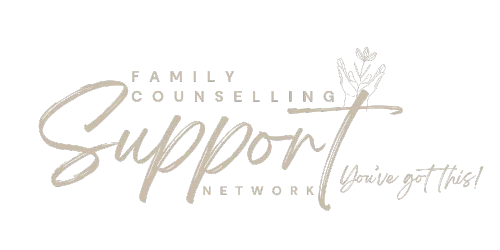
FAQS

We are here to help
Question 1
How can I book your online webinars and courses
Question 2
How can I add our business, event or activity to our directory?

Question 3
How does the parent directory work?


We are committed to protecting your personal information and respecting your privacy. This website uses cookies to analyze website traffic and optimise your website experience. By accepting our use of cookies, your data will be aggregated with all other user data.
DISCLAIMER: The material contained on this website is for general educational and information purposes only and is not a substitute for professional legal, financial, medical or psychological advice or care. While every care has been taken in the information provided, no legal responsibility or liability is accepted, warranted or implied by the authors or Family Counselling Support Network and any liability is hereby expressly disclaimed. For specific advice please contact us at [email protected]. All information contained on the website remains the intellectual property of Family Counselling Support Network and is for your personal educational use only. The information must not be reproduced or distributed without the express permission of Family Counselling Support Network.
Family Counselling Support Network acknowledges and respects the First Nations Custodians of the land where our offices stand, and where we work to help Australians. We pay respects to their Elders, past present and emerging, lore, customs and creation spirits. We recognise that these lands have always been places of ceremony, teaching, research and learning, and we acknowledge the important role Aboriginal and Torres Strait Islander peoples play in our community.
We are committed to providing an inclusive and accessible environment where people and communities of all identities and backgrounds are accepted, safe and celebrated.
Privacy Policy | Terms and Conditions

